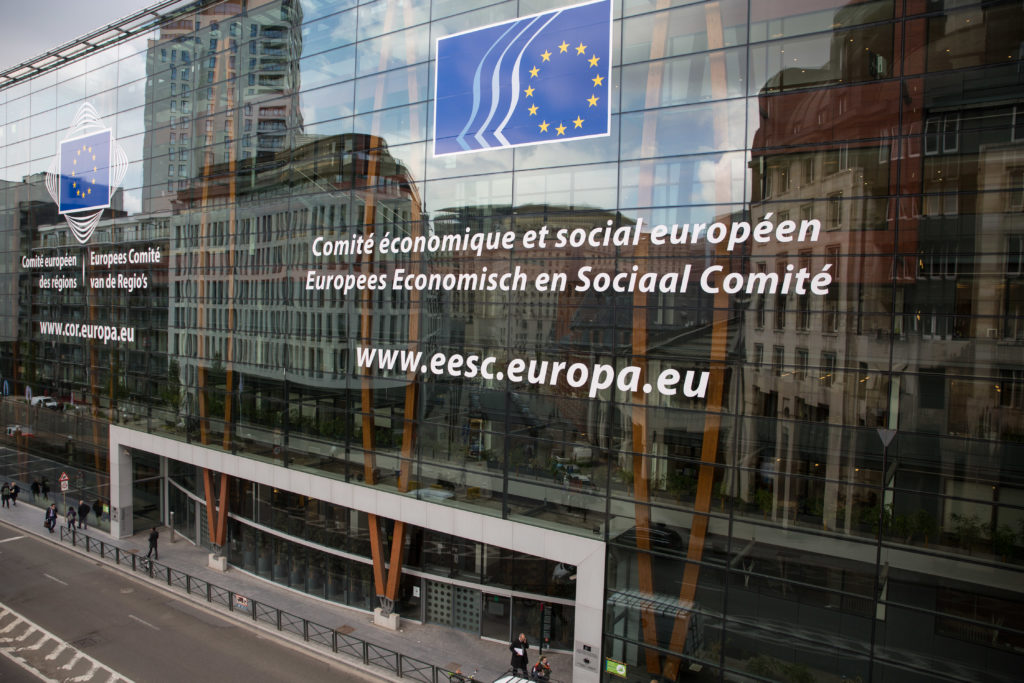EESC Calls for a Sustainable Plant Protein and Plant Oil Strategy

In an own-initiative opinion, the European Economic and Social Committee (EESC) highlighted the many benefits of a green EU strategy for expanding plant protein and plant oil production and proposed how that strategy should look. These benefits include reducing the EU’s dependence on imports and a contribution to the development of rural areas.
The EESC’s concrete recommendations for a proposed strategy are in line with the EU’s aim to achieve strategic supply autonomy, the EESC stated in the opinion, approved during its plenary in October.
Opinion rapporteur Lutz Ribbe said during the plenary: The EU is highly dependent on feed imports, with 75 % of its high-protein plants sourced from abroad. The promotion of the EU production of protein crops is essential and will at the same time have a positive impact for biodiversity and the entire environment as well as helping farmers decrease the use of mineral fertilisers.
Among the many benefits of expanding plant protein and oil cultivation in the EU and increasing the role of grassland in feeding animals are increased crop rotations, self-sufficiency in tractor fuel and an increased availability of plant solids after processing, which have excellent protein feed potential for livestock.
See related article: EU To Require All New Cars To Be Zero Emissions by 2035
Proposals to achieve Green Deal objectives
As there is limited agricultural land available in the EU, a study is urgently needed on the Europe-wide potential and land-share of protein and oil crops that can be grown sustainably, the EESC recommends.
As the EU will not currently be able to cover all demand, other measures need to be taken, such as tailoring livestock numbers in certain areas based on the availability of resources, fostering research and innovation and setting equivalent production and quality standards for imported products in the EU.
In parallel the strategy should seek to develop and expand regional value chains and regional processing capacities.
It is also crucial to further increase crop potential by improving and broadening breeding strategies, and to comply with existing limits for pollution from emissions.
In parallel, an information campaign should publicise the consequences of dietary habits on the environment and health as well as promote animal-friendly farming practices.
Overall, an EU strategy should take the interests of rural communities into consideration and contribute to sustainable rural development in line with the EU’s long-term vision.
The EESC recommends that the European Commission look more closely at the Commission on the Future of Agriculture set up by the German federal government and consider if this format would be appropriate for developing a European protein strategy.
Source: EESC








